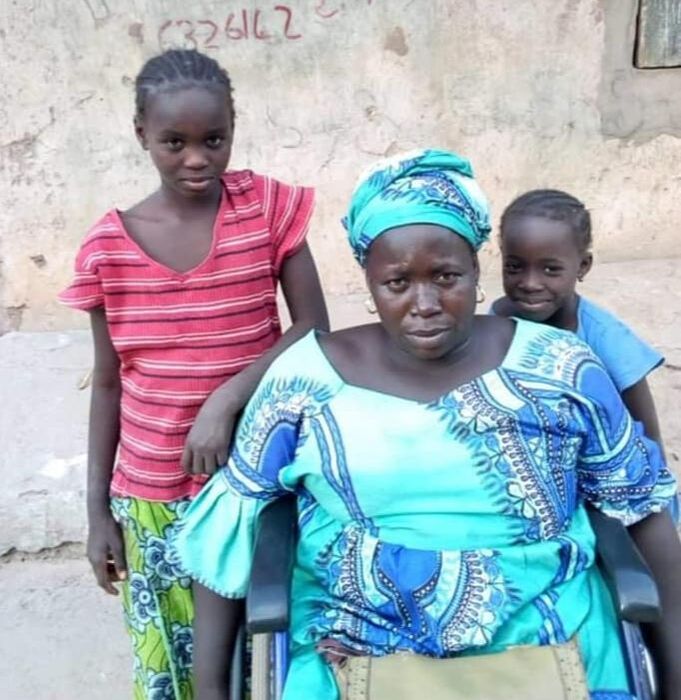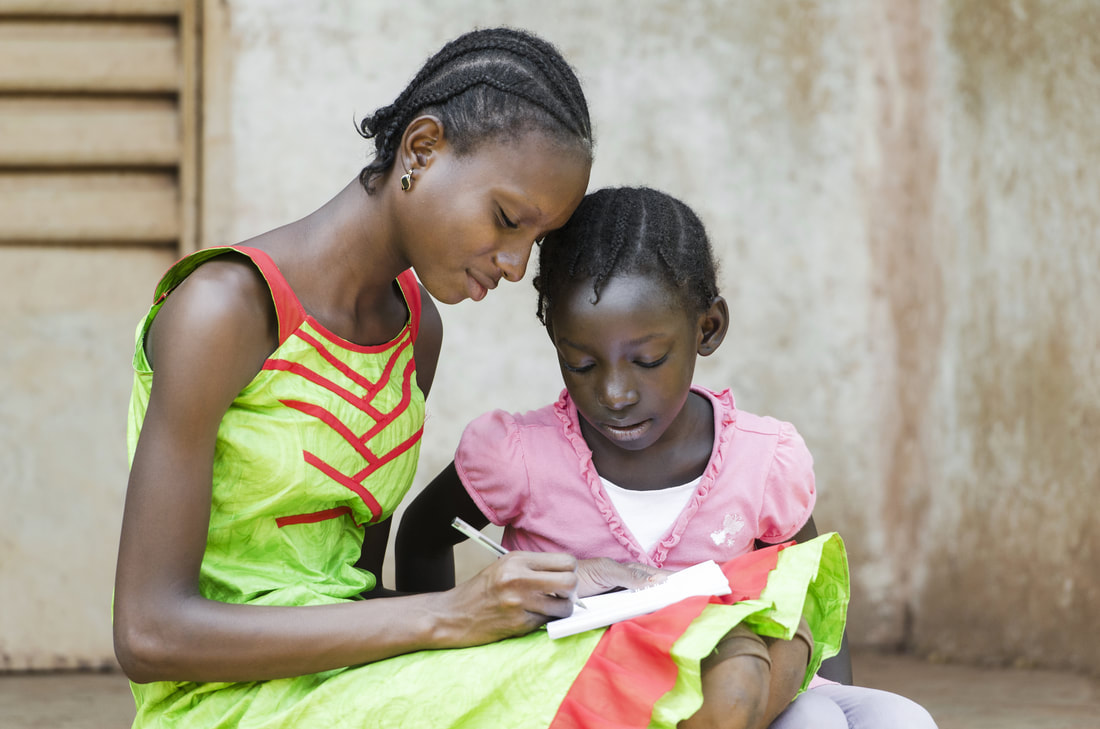Blog |
Blog |
Donations for Children Education and it's Impact to Girls' SchoolingIn simple terms, ‘child budgeting’ is not about lining up children and placing cash in each and every child’s hands. Rather ‘child budgeting’ is about putting national resources – money, materials, services, facilities, institutions and personnel – to sectors that address the needs of children. But why do we have to advocate for ‘child budgeting’? In the first place, children, just as all other citizens, have a right to development. But more than that is the fact that children are the products of society without their consent. No child asked to be born. Hence those who produce children bear the highest obligation, morally, legally and politically to take care of those children. It was Nelson Mandela who noted that the true character of a society is revealed in how it treats its children. Hence society has an indubitable duty to protect and develop children which is directly linked to the survival, strength and security of society itself. Children have rights like all human beings which must be recognized and respected. Thus, it is the government, parents and adults who are the duty bearers who must fulfill the rights of the child. Child rights essentially relate to the promotion and protection of the welfare and development of the child, as well as ensuring that the child is able to participate in family, societal and national affairs. If the saying that children are the leaders of tomorrow, then this means that the existence and development of society cannot be divorced from children. All national and international laws and policies have affirmed that children have rights, and their development is primarily a governmental duty. A former UNICEF Executive Director Carol Bellamy once noted that, “A century that began with children having virtually no rights is ending with children having the most powerful legal instrument that not only recognizes but protects their human rights.” Hence the UN Convention on the Rights of the Child noted in Article 4 that, “States Parties shall undertake all appropriate legislative, administrative, and other measures for the implementation of the rights recognized in the present Convention. With regard to economic, social and cultural rights, States Parties shall undertake such measures to the maximum extent of their available resources and, where needed, within the framework of international co-operation.” A review of these domestic and international laws would indicate that child budgeting is a requirement, a and should be used as a means to the fulfillment of the rights of children and be understood in the context of national budgets. Many people do not realize that the most important tool of a government is not the police, army, roads, natural resources, electricity, offices or vehicles, etc. The most powerful tool for a government is the BUDGET! The budget is about the income or revenue that a government makes out of our taxes, rates, service charges, royalties, loans, grants and donations that it receives from diverse sources and how it plans to spend that money. It is from the budget that a government funds all its operations, builds roads and hospitals, pays salaries and all office operations, and even pays for the travels that the President and members of the Government undertake. Hence, what is not put in the national budget is not therefore a priority for the Government. Therefore, if the issue of children is not topmost in the minds of the people who make the national budget, then it means that they will prepare a budget that will not allocate money to sectors that serve children. Focusing on the 2020 national budget, only 4.3 billion dalasi will be allocated to the key child sectors of education (D2.6B) and health (D1.5B) out of a total national budget of 21.3 billion dalasi. This represents only about 20% or one-fifth of the national budget. Is this enough to build Gambian children to truly become empowered and responsible adults who could effectively lead and sustain this country today and tomorrow? That is a question for us all. For the moment the state of Gambian children leaves much to be desired even though the country has made gains in universal primary education and immunization. Recent studies have identified key challenges in the education sector these include the following:
These are challenges that directly undermine the growth and development of children hence threaten the overall growth and development of The Gambia today and tomorrow. Meantime 7.7 billion dalasi will be spent on debt servicing in 2020 alone! One wonders, where did all of those millions of dollars of loans go to while the country remains highly indebted and poor?  It is in light of the above that the need to advocate for child budgeting is urgent and necessary. It is time to make sure that policy makers, lawmakers, politicians, leaders in all categories and citizens in general understand a budget and also know what is child budgeting and why it is so important. In a broader sense, child budgeting also addresses and fulfills gender and pro-poor budgeting as well. They all refer to the need to have the Government spend more resources in the social services so that people can have their needs met. When we talk about social services, we refer to education, healthcare, water and electricity supply and skills development. These are opportunities and facilities that will enable children to grow and develop themselves with the right mindset, ability and dignity to become true leaders, inventors, creators and producers of today and tomorrow. Child budgeting is therefore an investment in children hence investment in the future and continued growth and overall development of society. Thus a proper child, gender and pro-poor budget is the bedrock for national development. Having a child-friendly budget however is not the end of the story. The next step is the monitoring of the budget to ensure that it is properly utilized. All citizens including children should therefore know how to track budgets. This is not merely a question of being an activist; it is a matter for every citizen to become vigilant in order to hold the Government accountable. The foundation for development and performance is accountability. It is only through accountability that we can know whether resources are being used properly or misused; whether we are making progress or failure; whether public institutions and officials are doing their jobs rightly or wrongly and effectively or are lazy. Without accountability, standards fall, corruption becomes the order of the day and provision of social services collapse and everyone gets miserable because cost of living goes up while people are denied opportunities such as good facilities and quality services that they have already paid through their taxes. Sponsor a Girl Today! By sponsoring a girl, you are empowering her with the right to be independent in the future.
2 Comments
|
Archives
June 2024
Categories
All
|
|
The SaGG Foundation (Sponsor a Gambian Girl) is a girl’s education movement, with aim of championing the cause for girl child education in The Gambia. Education is a basic human right; our vision is to advocate and champion for girls' education.
|
TAKE aCTION |
About us |
|
